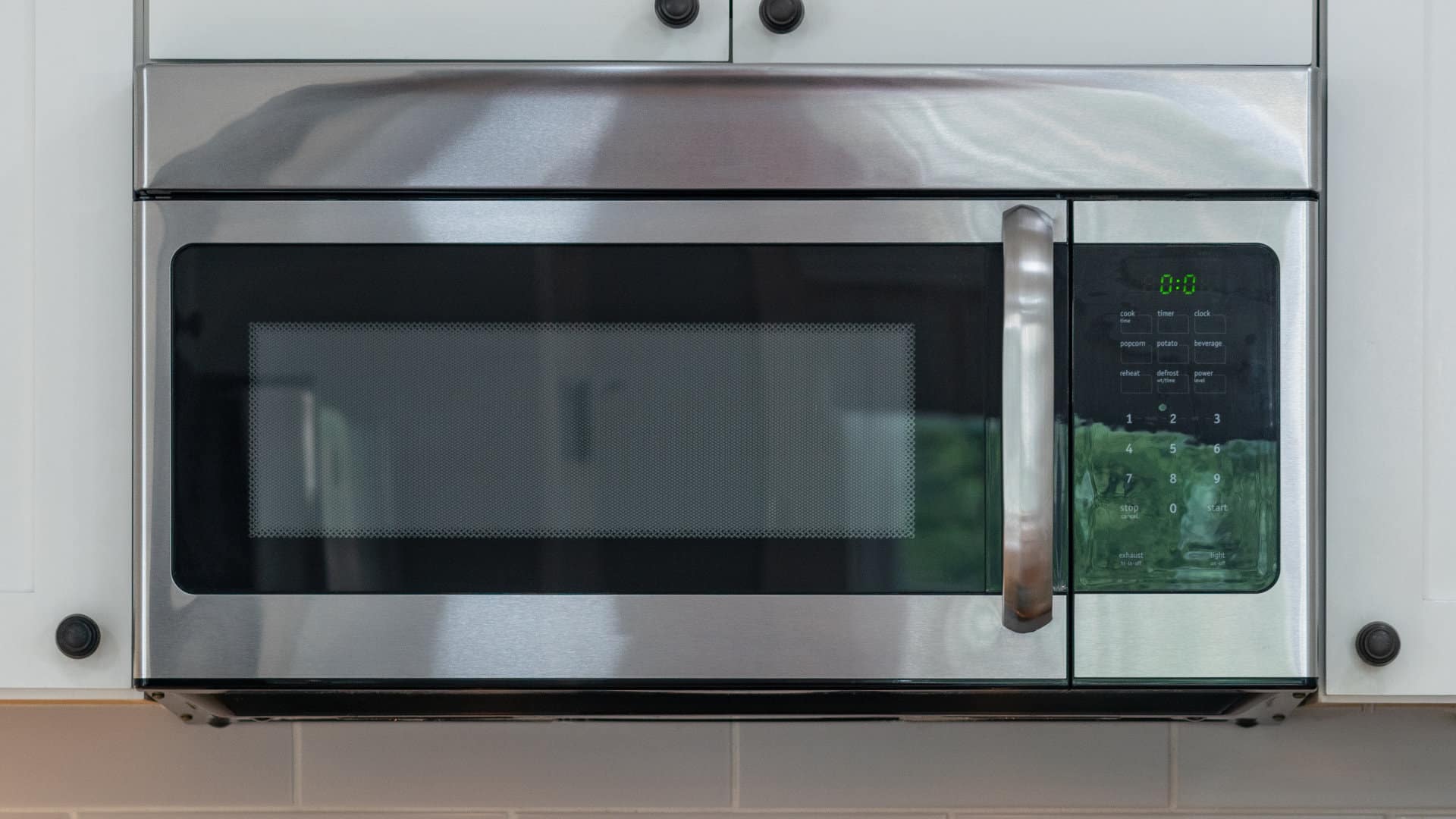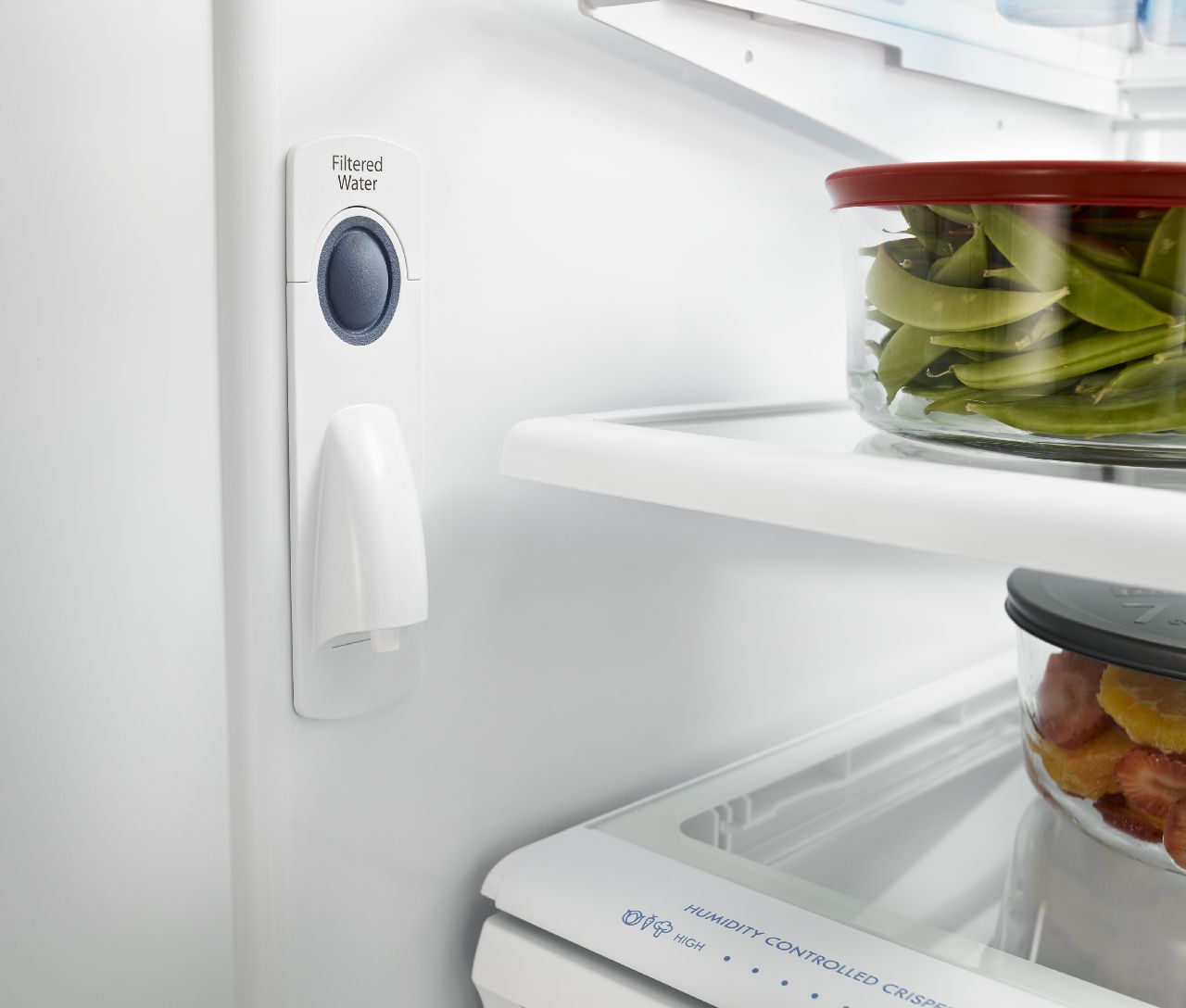
Appliances are an important part of daily life. They make chores easier, cook food and prevent food from spoiling. Appliances wash our dishes and keep our clothes fresh. But when an appliance starts making a racket, all that convenience can really grate on your nerves. Especially for the one appliance that runs 100% of the time: your fridge.
Most refrigerators emit a soft hum, that is sometimes a little louder than others. If your fridge is making a lot of noise or a usually distinct noise, it’s time to start investigating. By identifying the most likely source of the sound, you can perform a replacement, repair, or call a technician to quickly solve your noisy fridge problems.
Here’s a handy guide on fridge noises and what they mean.
Grinding and Clattering Sound
The Ice Maker
The most common complaint about fridge noise is actually totally normal: your ice maker. Ice makers come in several sizes and designs but, essentially, it molds and drops ice. Ice cubes are noisy, especially when combined with cold, hollow plastic. The machinery that makes the ice must also move a little, to fill and dump the molds, and to dispense ice, which can create noise.
If you’re hearing a periodic clatter, often accompanied by grinding machine noises, that’s your ice maker making ice. However, if the noise gets louder or sounds more uneven or jagged, it may be worthwhile to remove, clean, and inspect your ice maker or call for repairs. Often, a simple defrost cycle, clearing the chutes, and cleaning the trays can resolve ice maker problems.
Rattling and Repetitive Clacking
Broken Fan
Another common refrigerator noise is a continuous or intermittent rattle. You may hear rattling or rhythmic clacking. That is usually the sound of a fan that has broken or become loose on the motor shaft. Fans inside your refrigerator move the cold air around. They keep the temperature even by pushing cold air from the freezer to the fridge. They also circulate air to keep all foods cold and to enable the defrost feature.
There are other signs if that clacking sound is a broken fan. You may notice the sound is combing from inside the fridge compartment, or around the back. You may also notice the effects of poor airflow, like frost buildup in the freezer or distinctly warmer-and-colder areas of the fridge compartment. You may also hear the fan start clearly if you press the door switch, making the fridge thing the door is closed and to be air-circulated.If a fan is broken, you may have the skills and tools to open the compartment and replace the fan. An appliance repair technician
Loud Whine or Whirring Sound
Worn Out Motor or Condenser
An engine-whine or high-pitched sound is often related to a motor or electricity malfunction. Motors whine when they are out of alignment or grinding against resistance, while electricity whines when too much power goes through a low-power circuit. A loud whine or an increasingly loud whirring sound can relate to a larger component that is beginning to fail but has not begun to grind, rattle, or fail completely.
If this is the case, it will likely require an experienced technician to solve the problem. Sometimes, cautious cleaning can do the job. however, part replacement is the most likely solution to problems relating to a motor or an aging condenser. Condenser problems that relate to cooling, however, are more frequently maintained by seeing to the cooling fluid and coil apparatus, which tends to be a long-lasting system.
Shaking Rattle Outside the Fridge
Vibration Against an Outside Object
Another common interruptive fridge-noise is a shaking or rattling or constant tapping sound that seems to come from outside the fridge. like all appliances, the refrigerator can shake a small amount when the motors and compressor run. Even a well-maintained fridge may shake a small amount. That rattle or tapping sound comes from the fridge resting ever-so-slightly against another hard surface. When the fridge shakes, it pulls away and falls back onto that hard surface over and over again, creating a rattle.
Check around your fridge for points where the body touches. Look for cabinetry or a countertop. If the feet are short, it might even be shaking against the floor. The best way to stop the rattling is to attach felt pads to the sides of your fridge where contact is made. The pads will both reduce appliance fibration and prevent the clicking of surface-against-surface when the fridge does shake. If the problem is near the floor, you can also re-level the fridge or replace the feet.
Loud Irritating Buzzing
Electrical Problems
The final sound to listen for is an incredibly loud buzz is almost universally an electrical problem unless it’s actually a high-frequency vibration. Think of a buzz in the same terms as a buzzing overhead light. If your refrigerator is making a loud, irritating buzzing sound then calling a technician is your best bet. They will help you track down the electrical source of the buzzing and replace that part. Speed is useful when you’re sure the problem is electrical, in order to fix a situation before any affected circuits are damaged or burned out.
The malfunction may be coming from a loose wire, an overtaxed component, or an incorrect signal sent from the refrigerator’s control panel. Thes are all problems best solved by a trained, safety-protected professional.
—Is your fridge noisy with no discernable reason? At some point, noise becomes so disruptive that it becomes a worthwhile problem. Even more importantly, your refrigerator isn’t supposed to be noisy. Too much sound from your fridge almost invariably means something is wrong. Know when to investigate, and how to troubleshoot can often save you a repair call. But if your noisy refrigerator relates to troubles you can’t confidently solve with your current skills, don’t be shy about calling a repair technician or service to make sure the job is done right. Your refrigerator is an essential of modern home living. Contact us today for more assistance with your noisy refrigerator and other home appliance services.
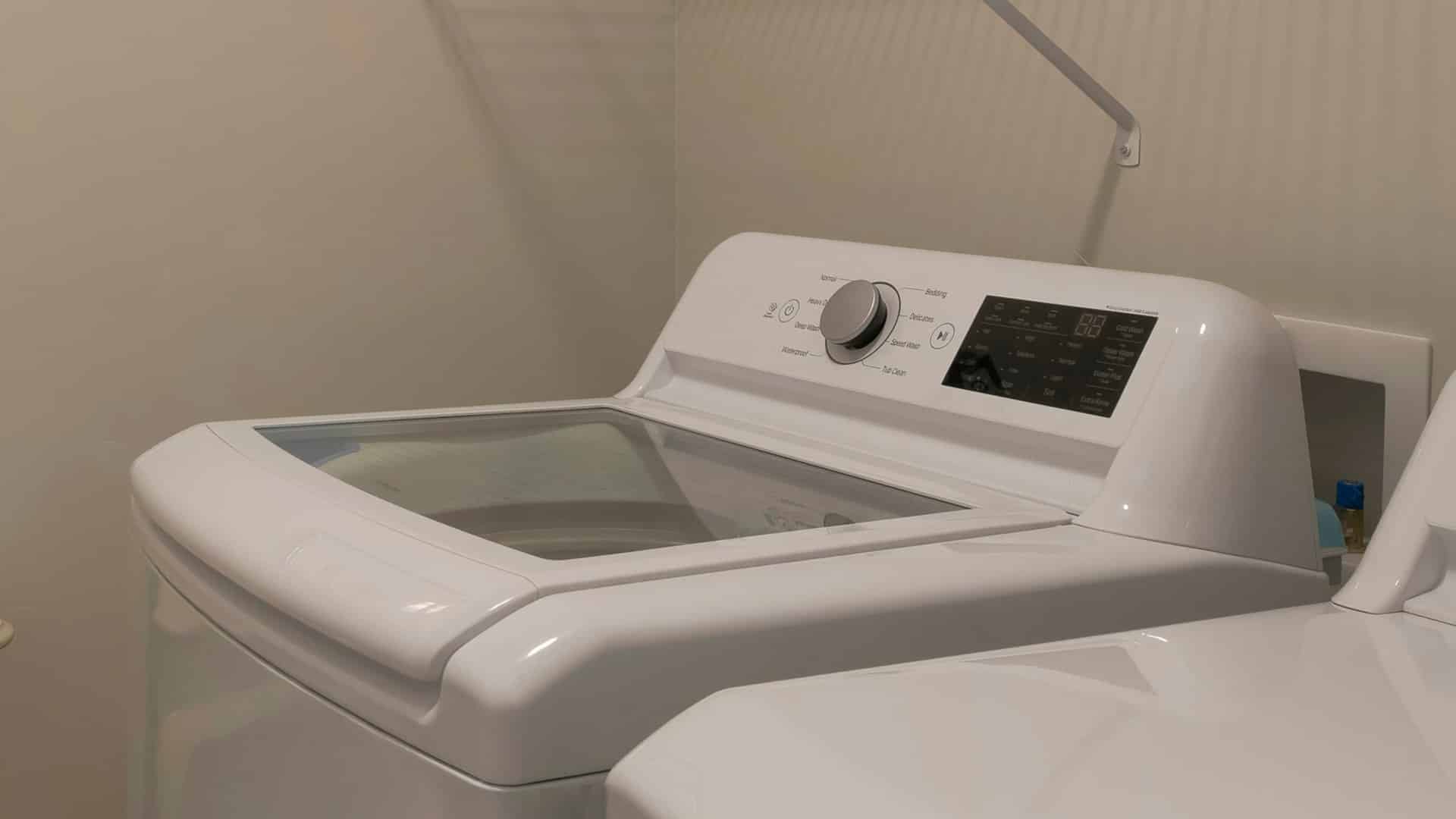
GE Washer Not Spinning? Here’s The Fix!
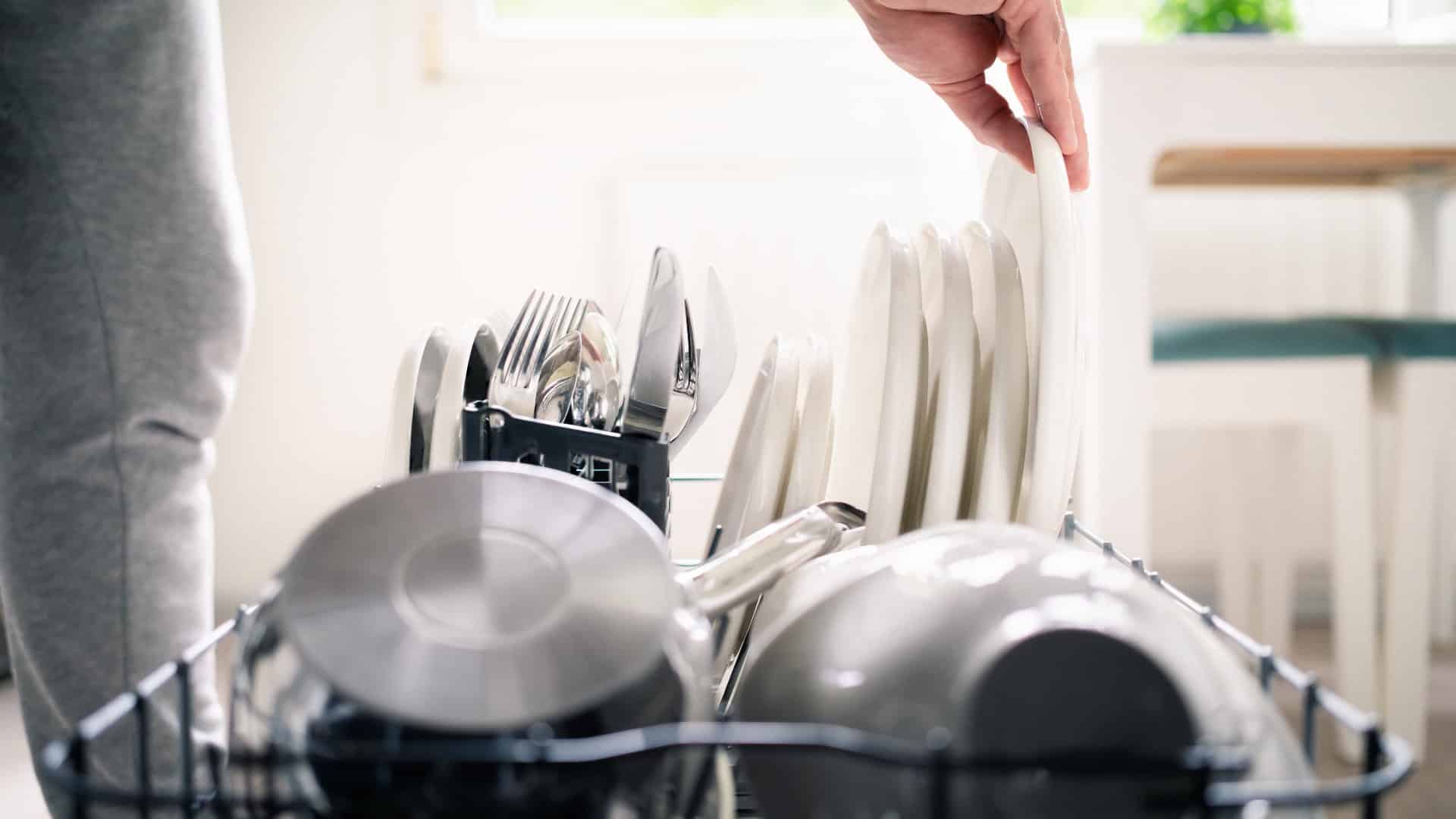
How to Restore Power to Your GE Dishwasher
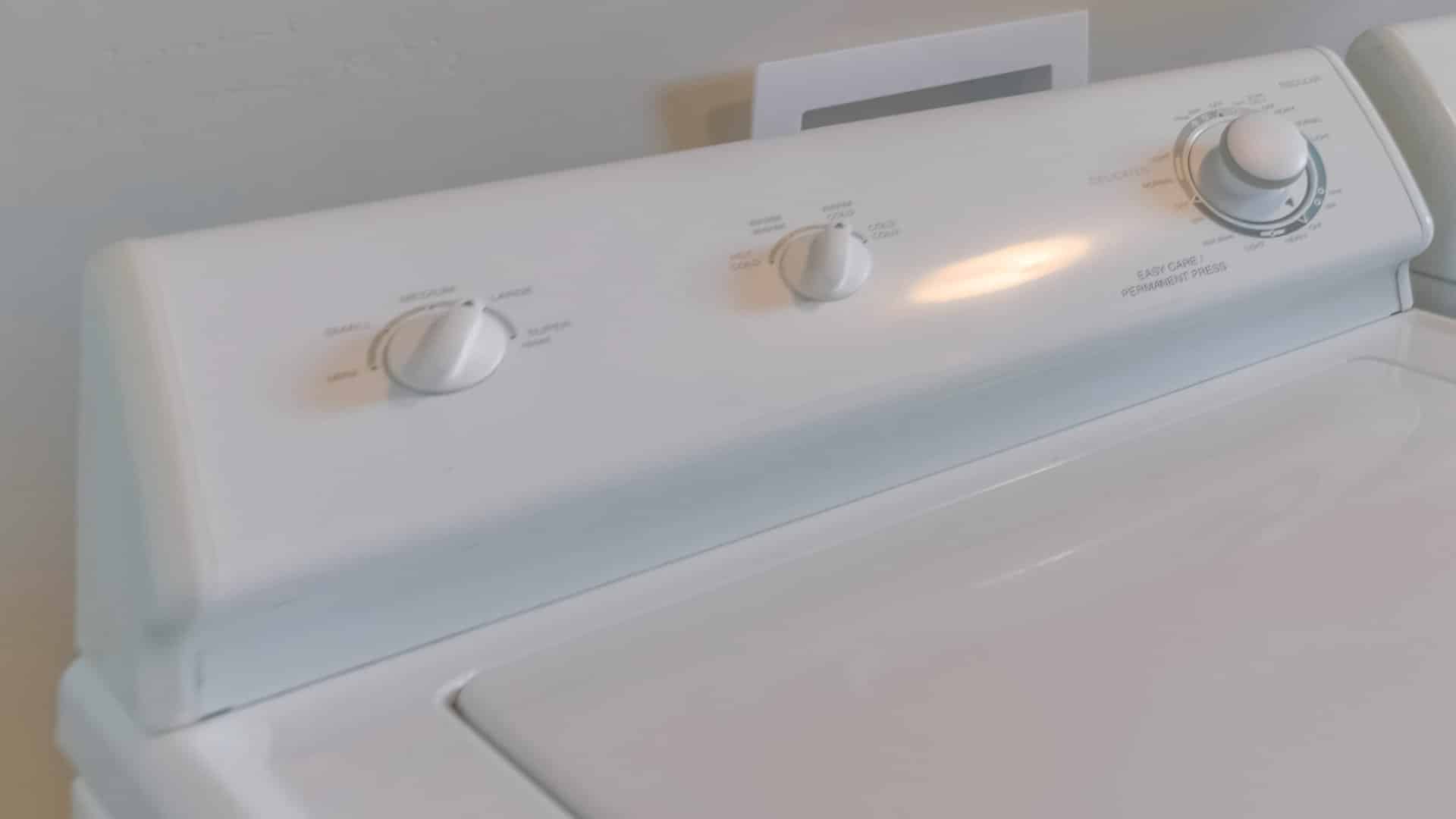
How To Reset Your GE Washer Top Loader
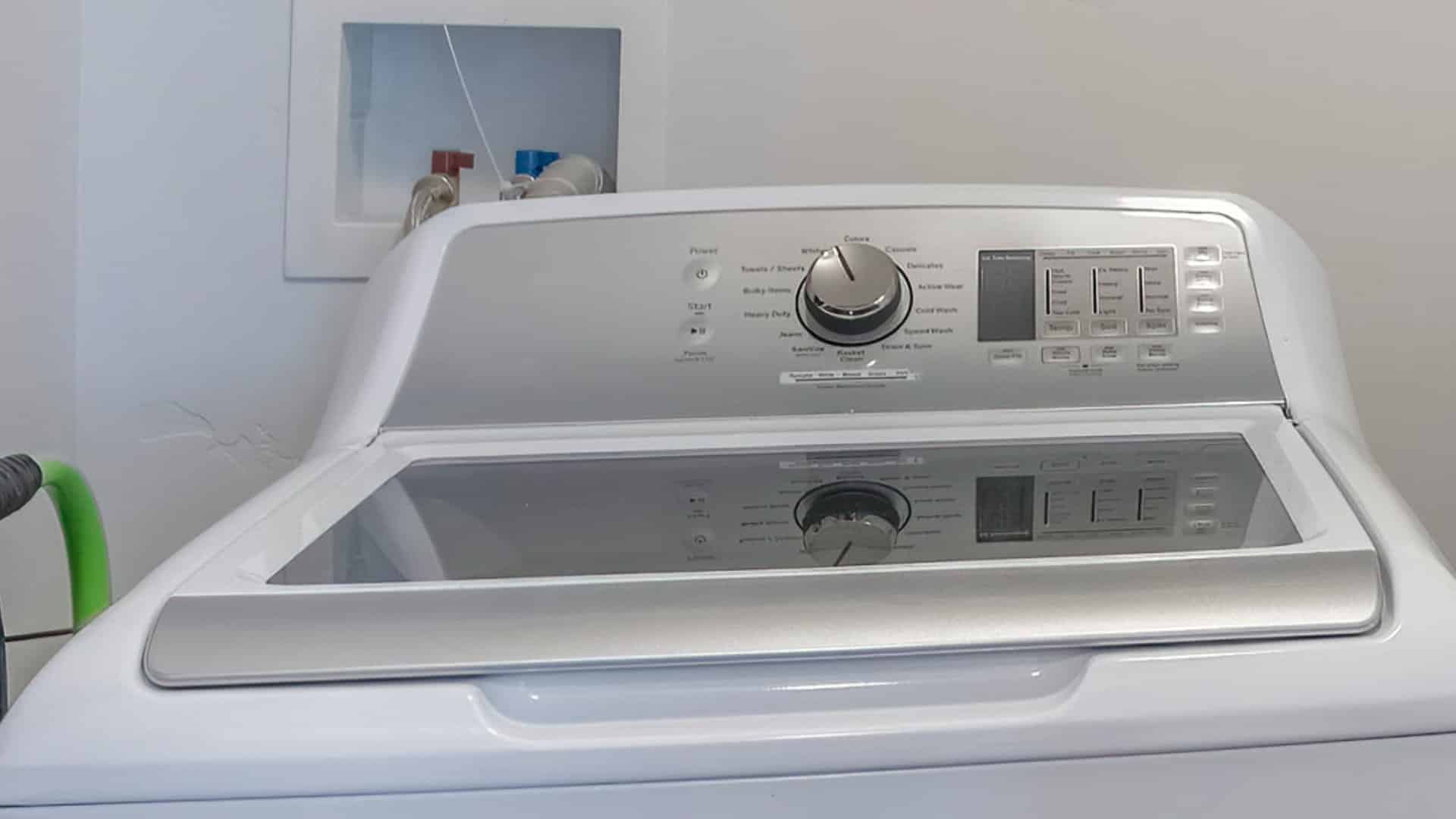
Understanding Whirlpool Washer Error Codes
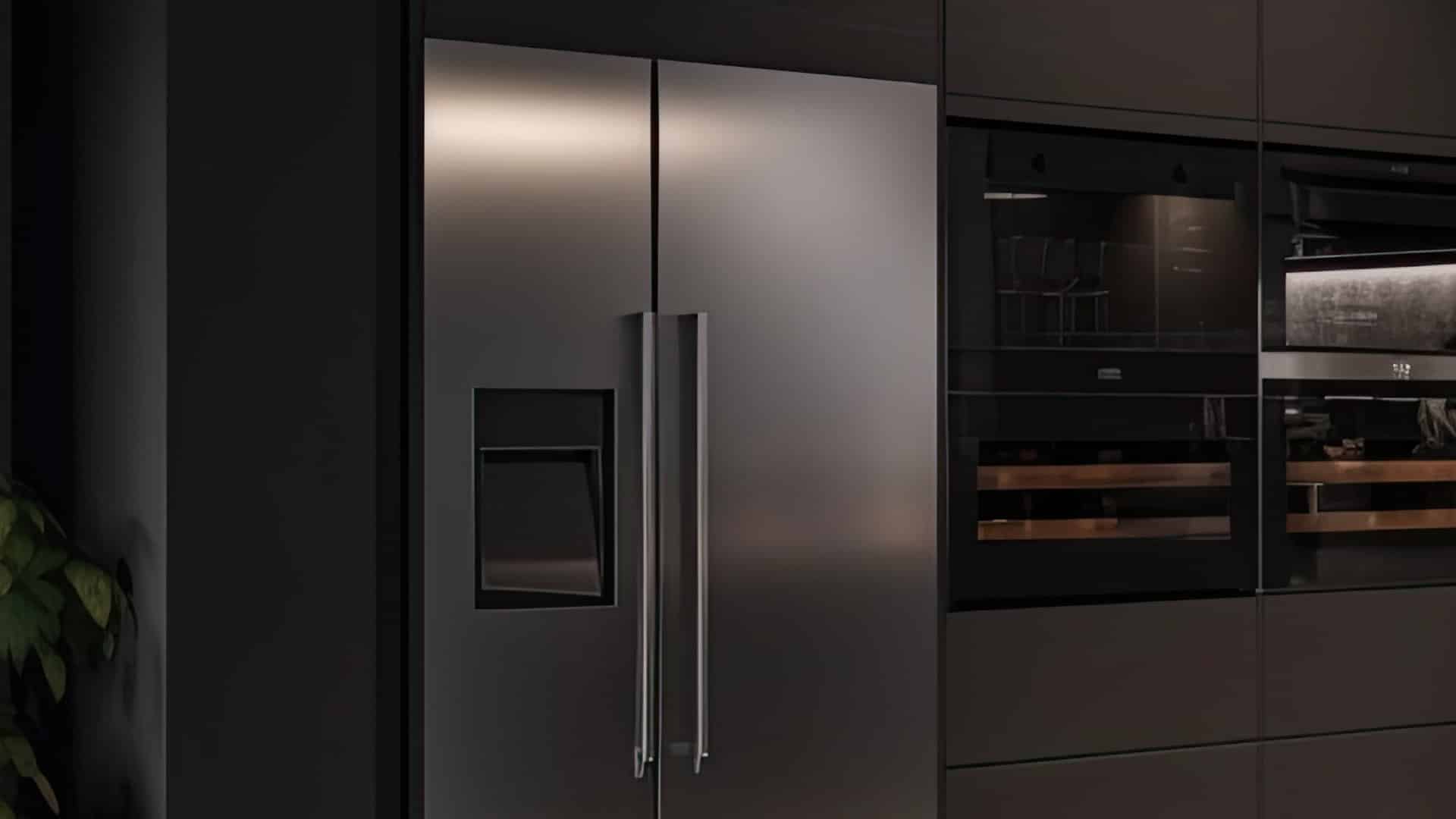
JennAir Ice Maker Not Working? Here’s What to Do
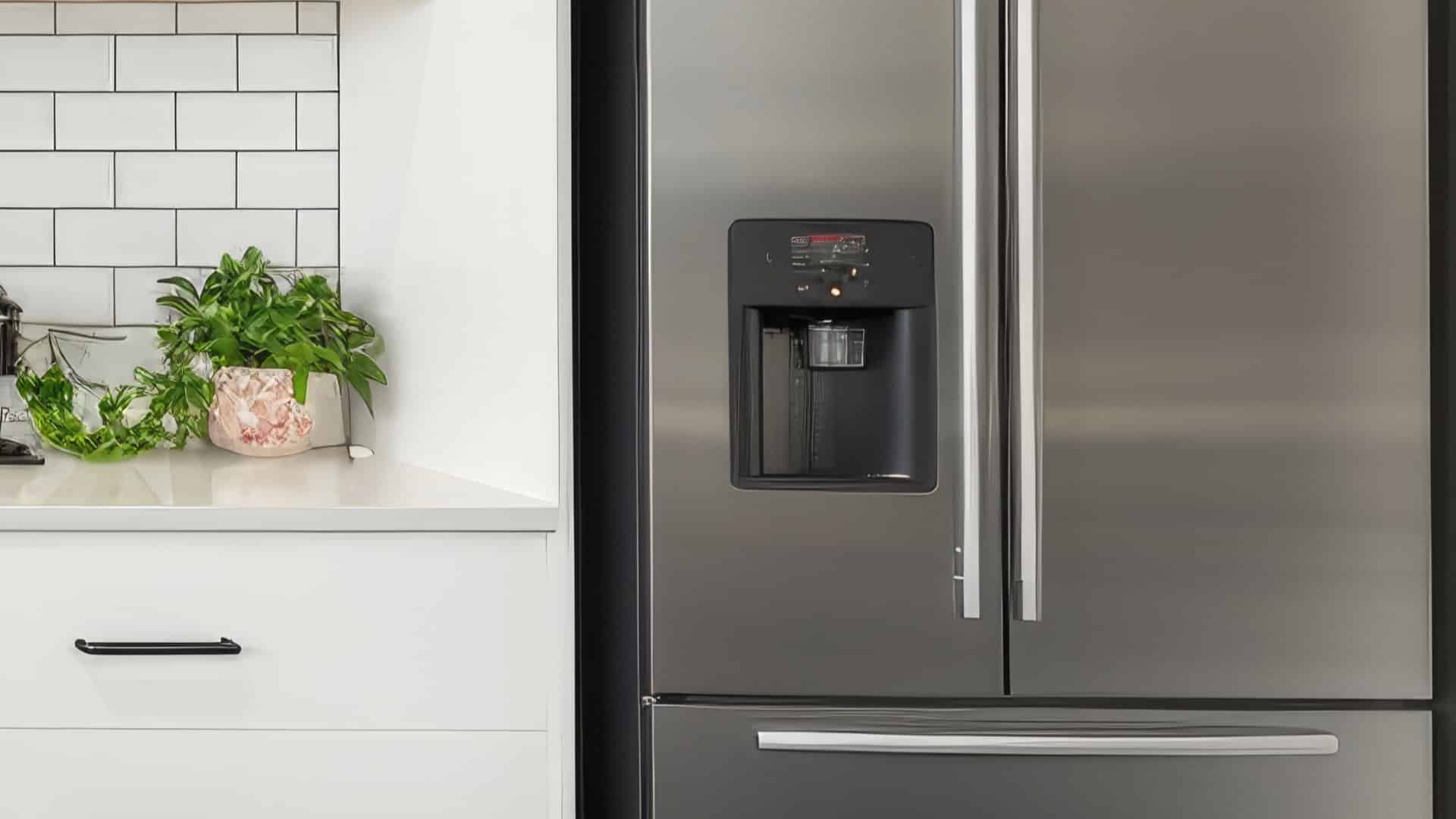
What to Do If Your LG Fridge Isn’t Cooling
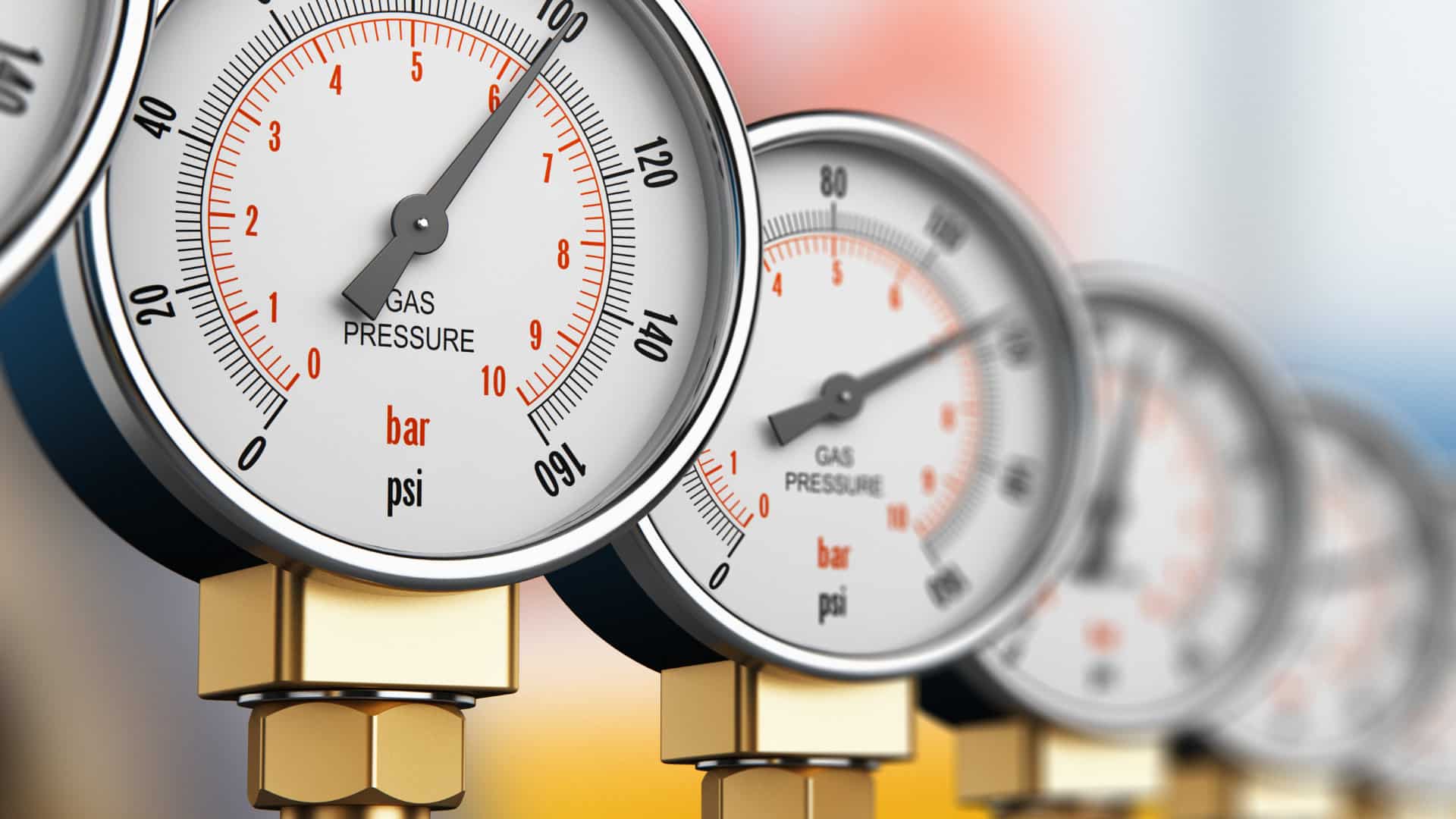
Propane vs. Natural Gas Stove: What’s Best?

How Hot Does a Dryer Get?
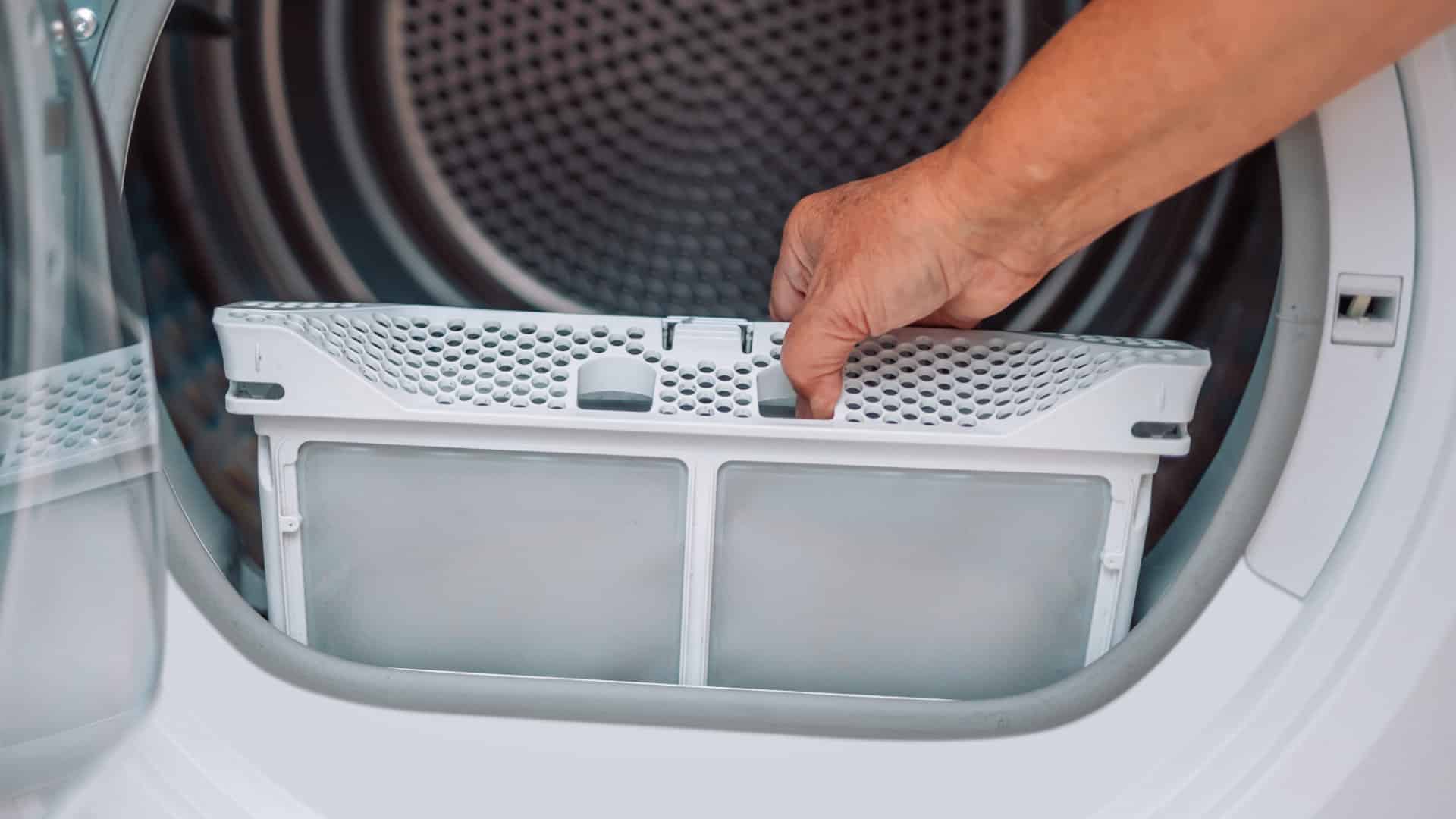
LG Dryer Flow Sense: Everything You Need to Know
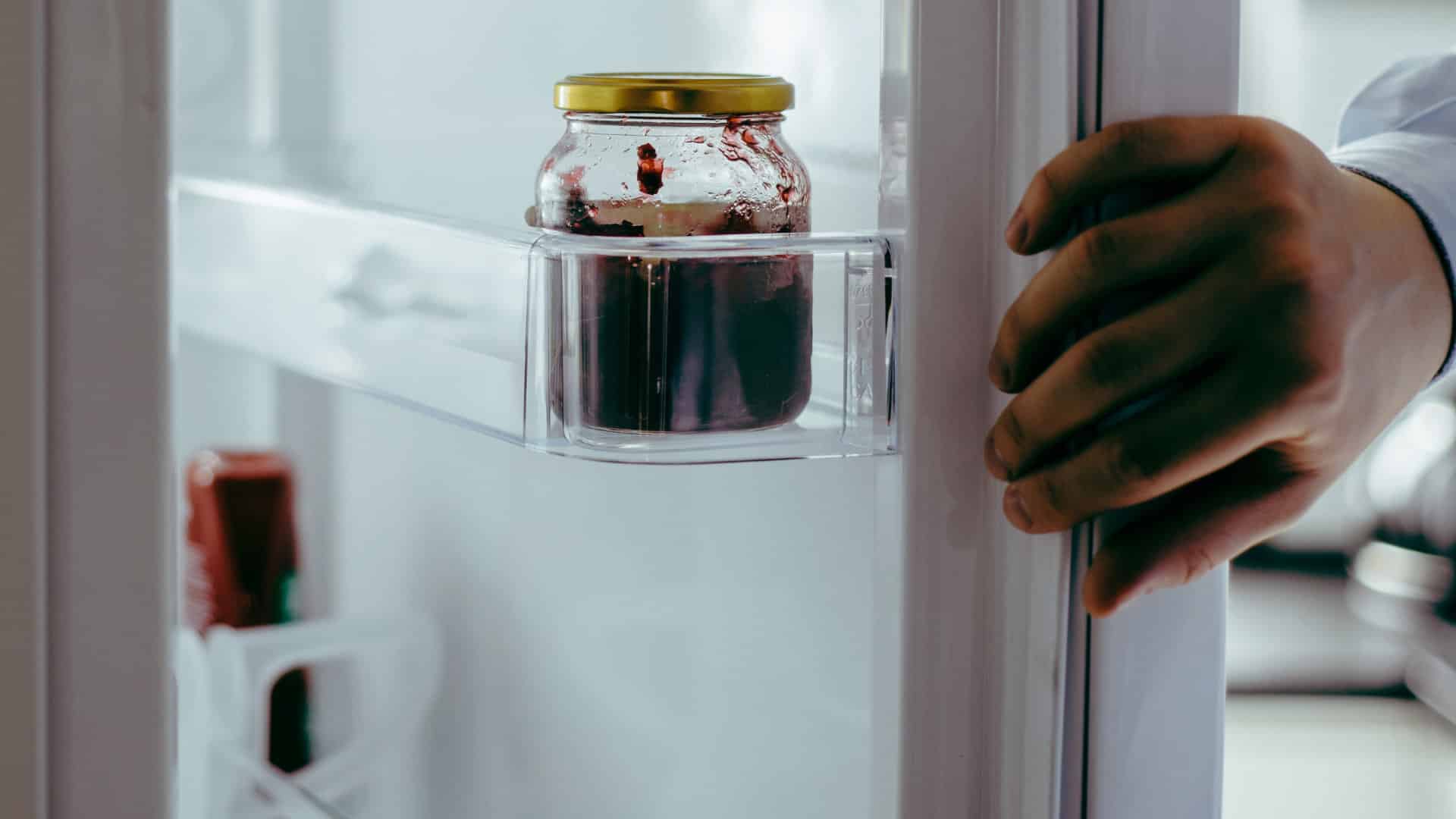
What to Do When Your Freezer Is Not Freezing but the Fridge Is Cold
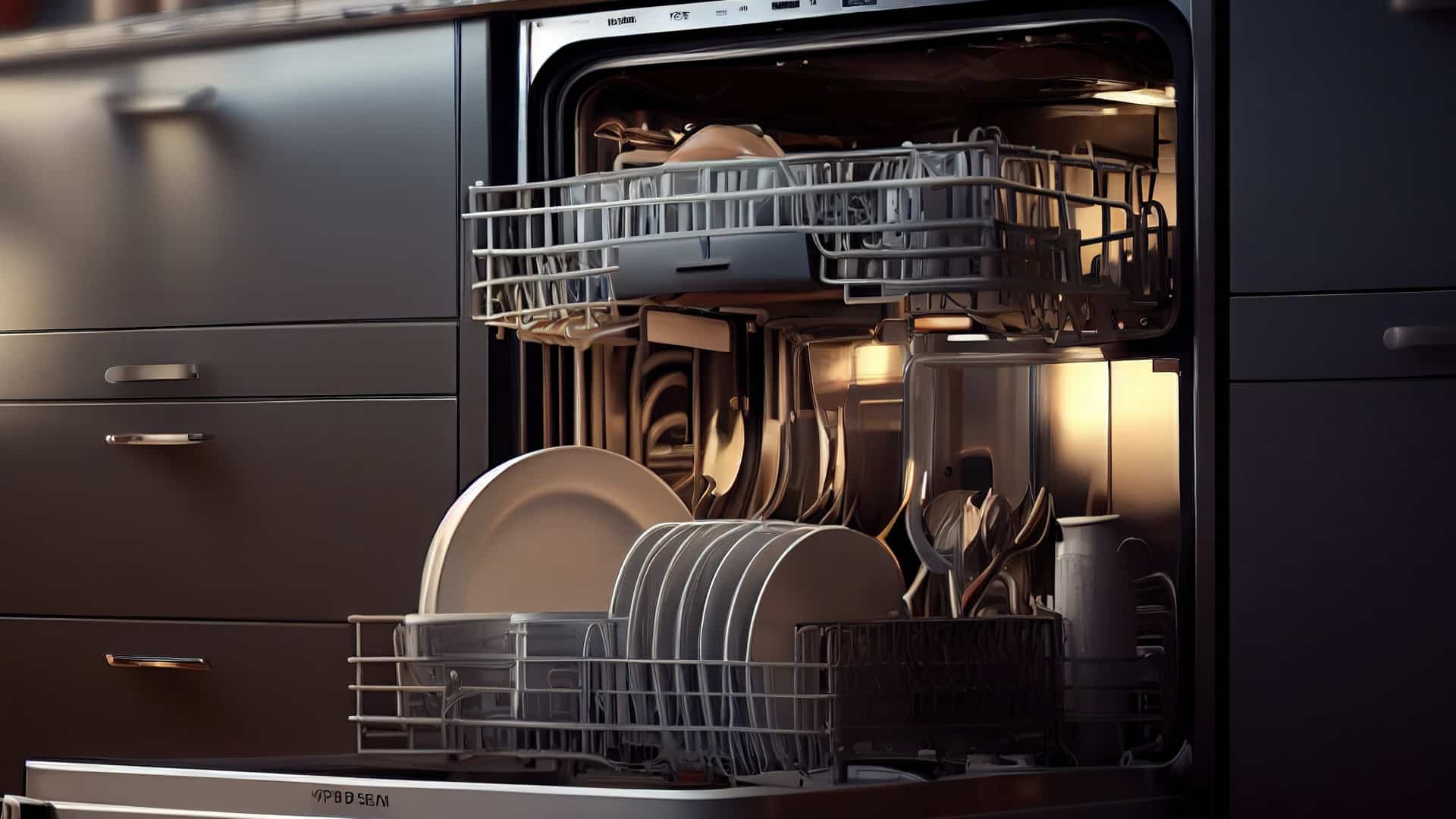
How to Solve Maytag Dishwasher Showing Error F9E1
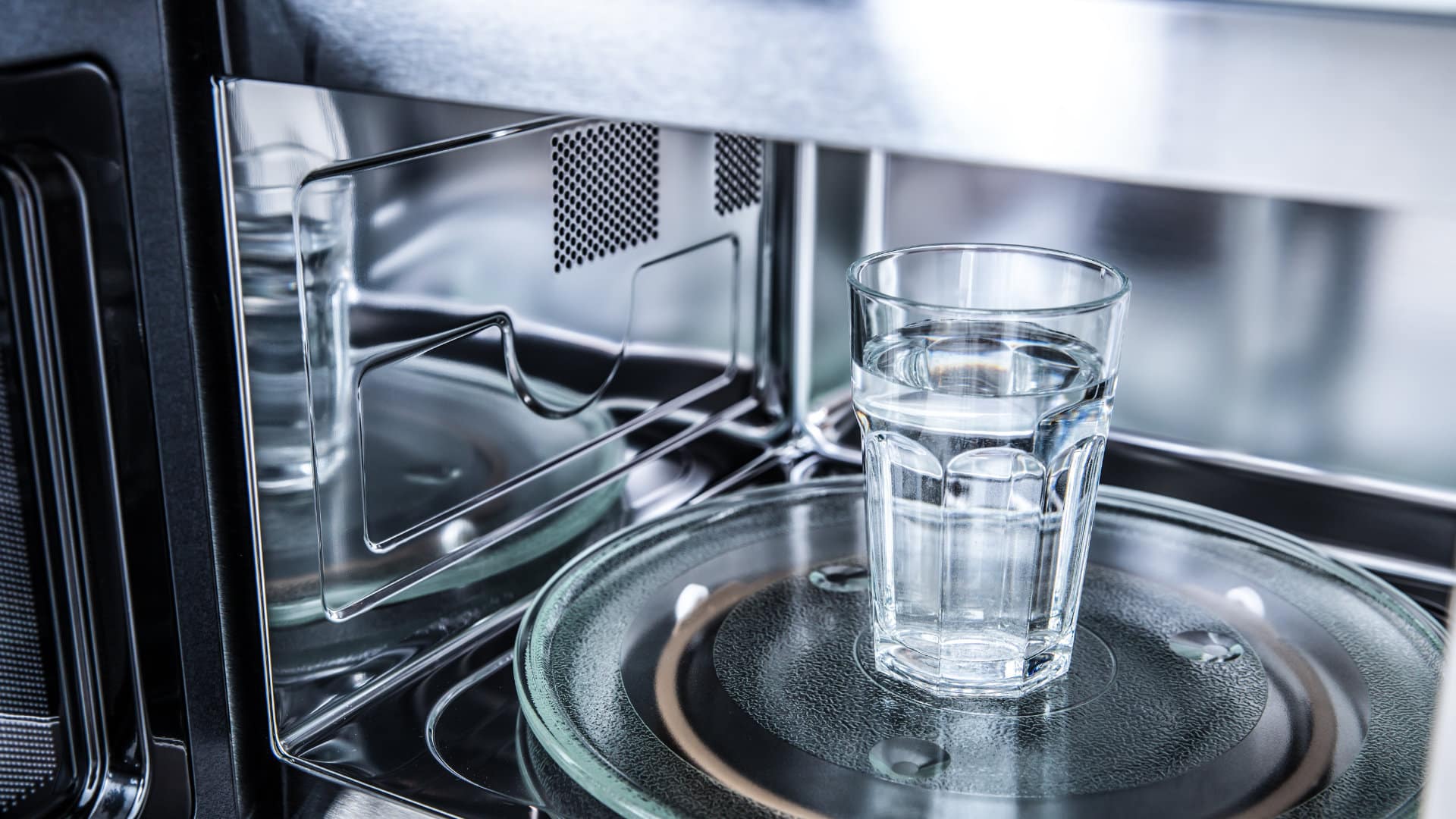
When Is a Microwave Unsafe to Use? (Warning Signs to Look For)
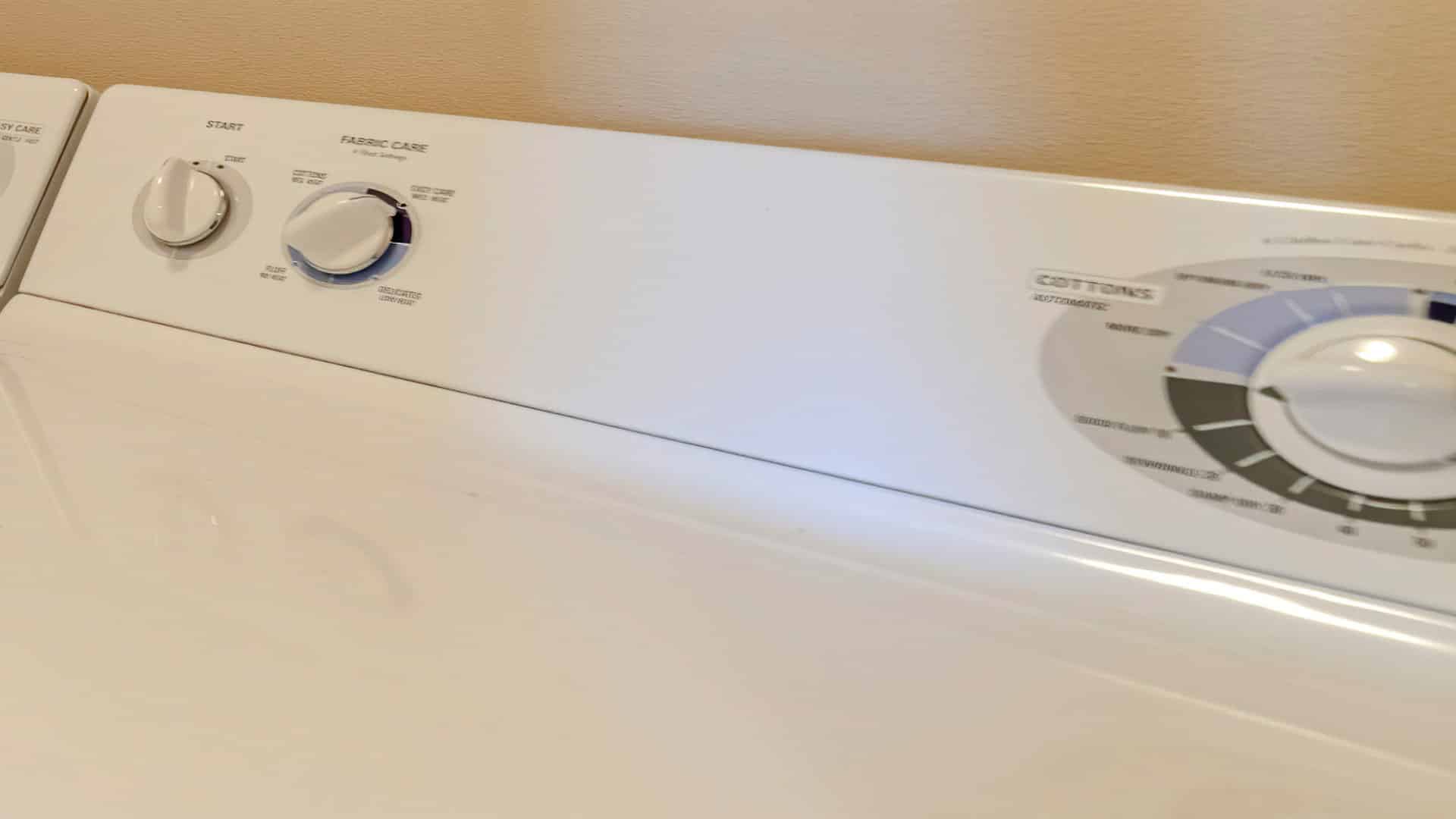
How to Fix a Squeaky Dryer (Step-by-Step)
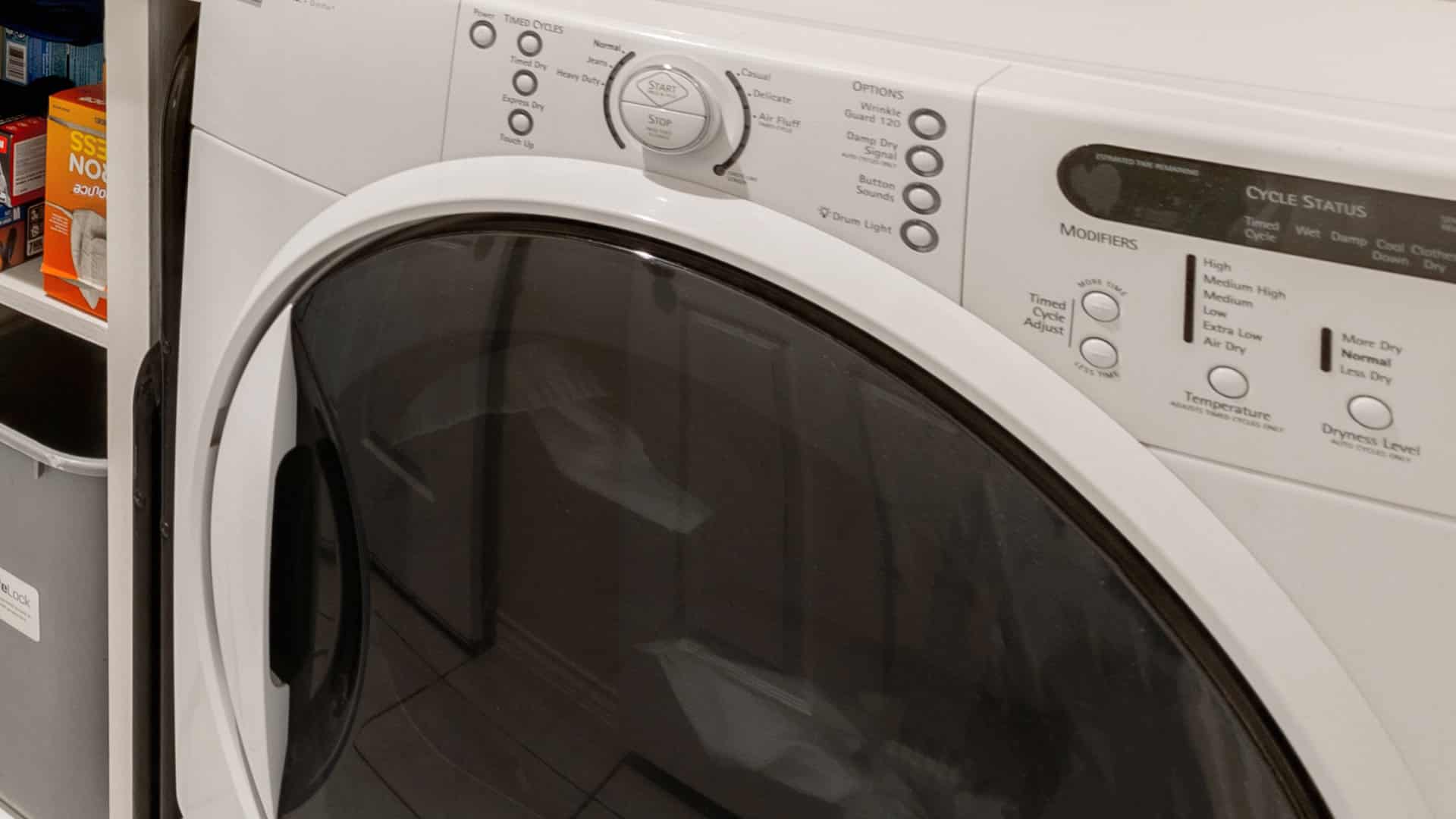
How To Remove Ink From Your Dryer
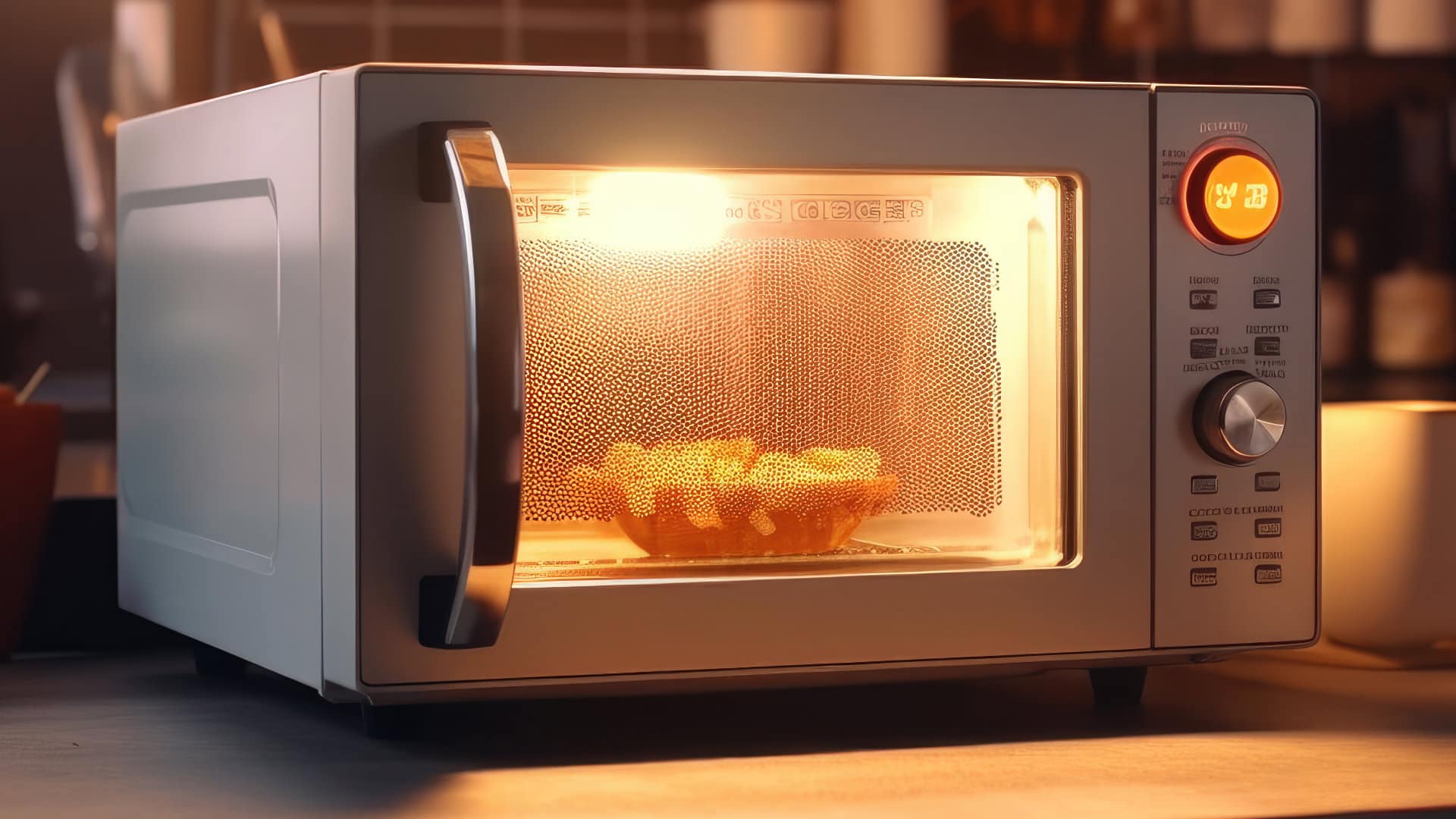
How To Fix an LG Microwave Not Heating
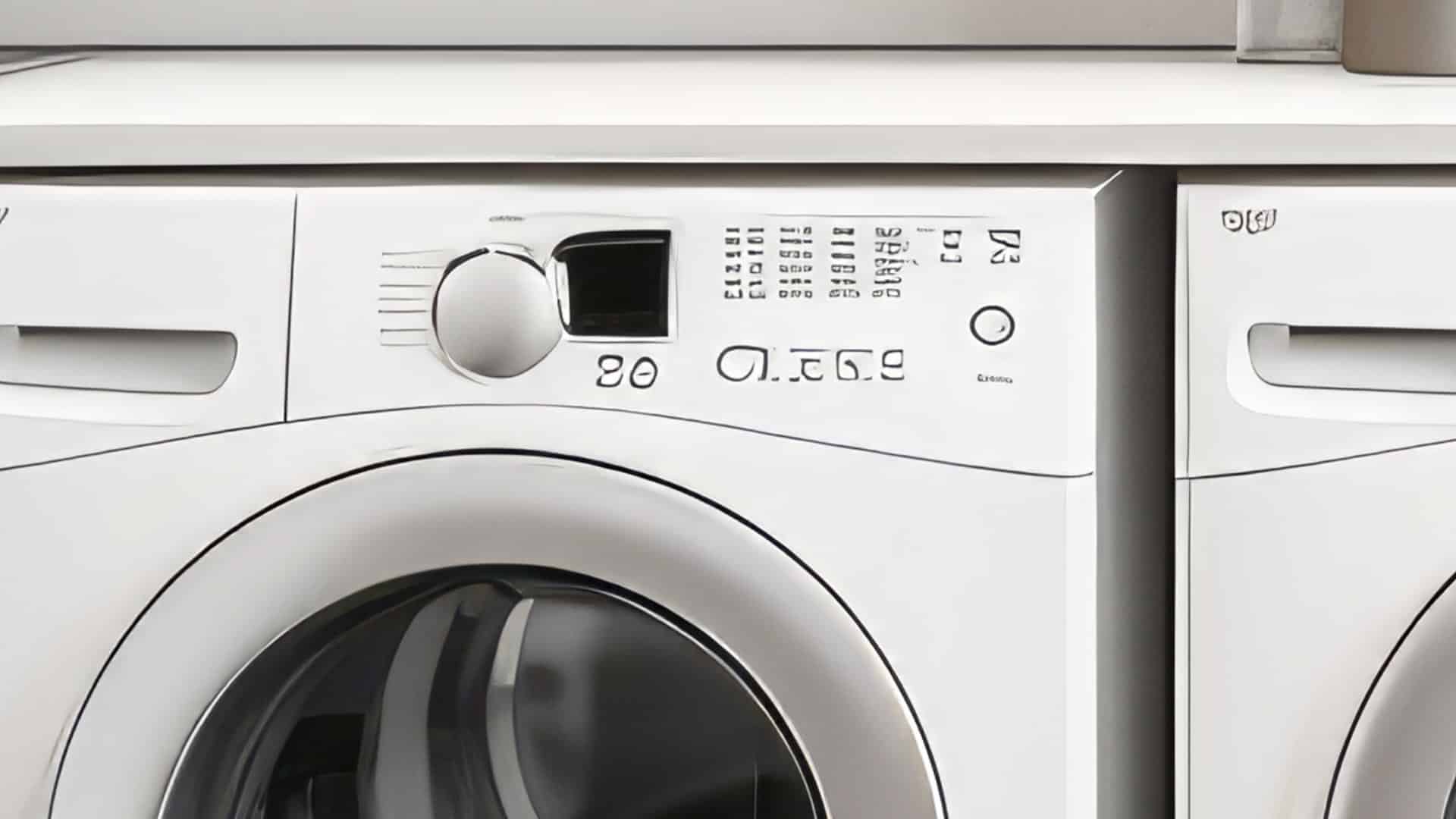
How To Fix a Maytag Washer Not Spinning
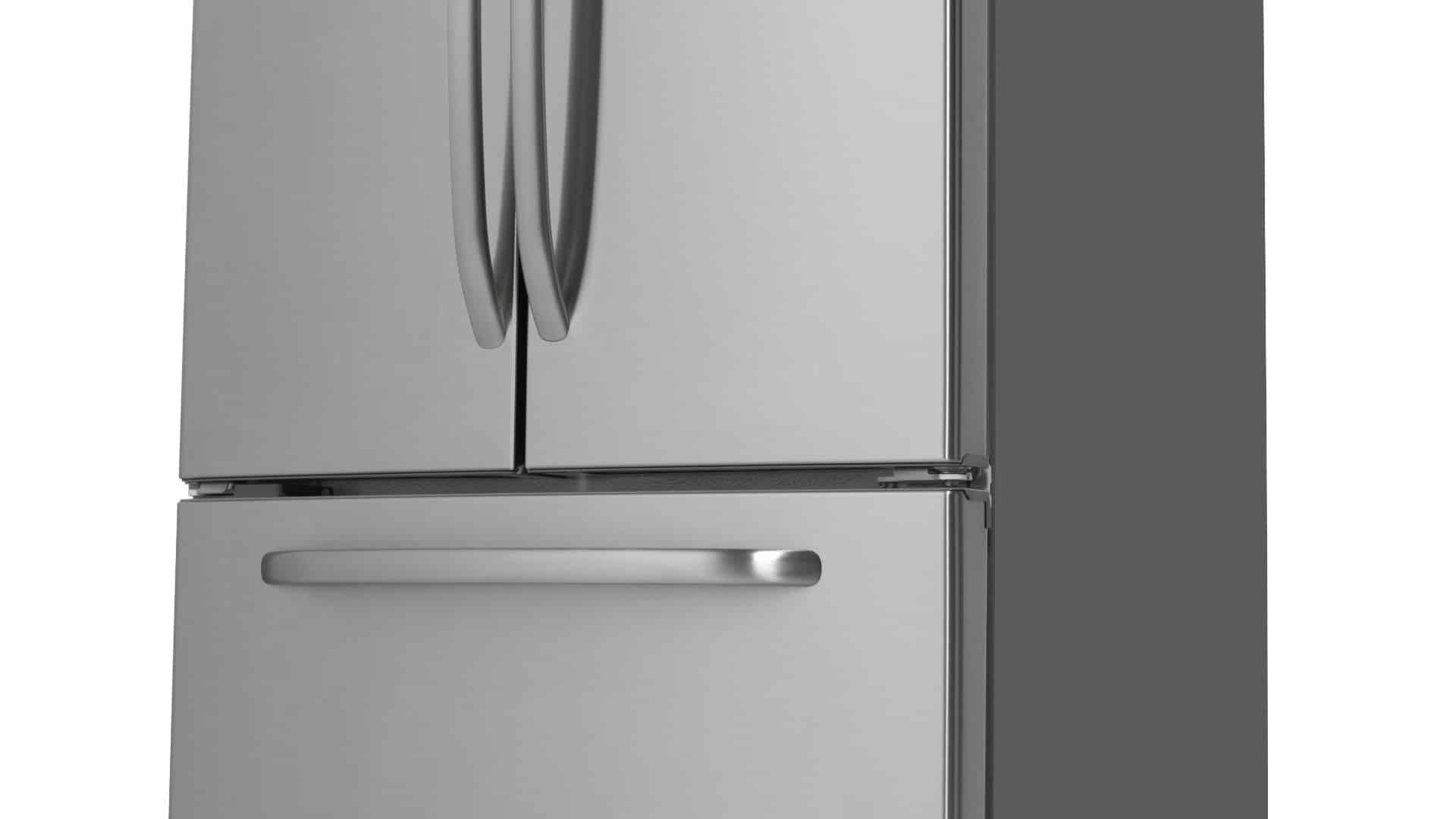
KitchenAid Refrigerator Not Making Ice? Here’s Why
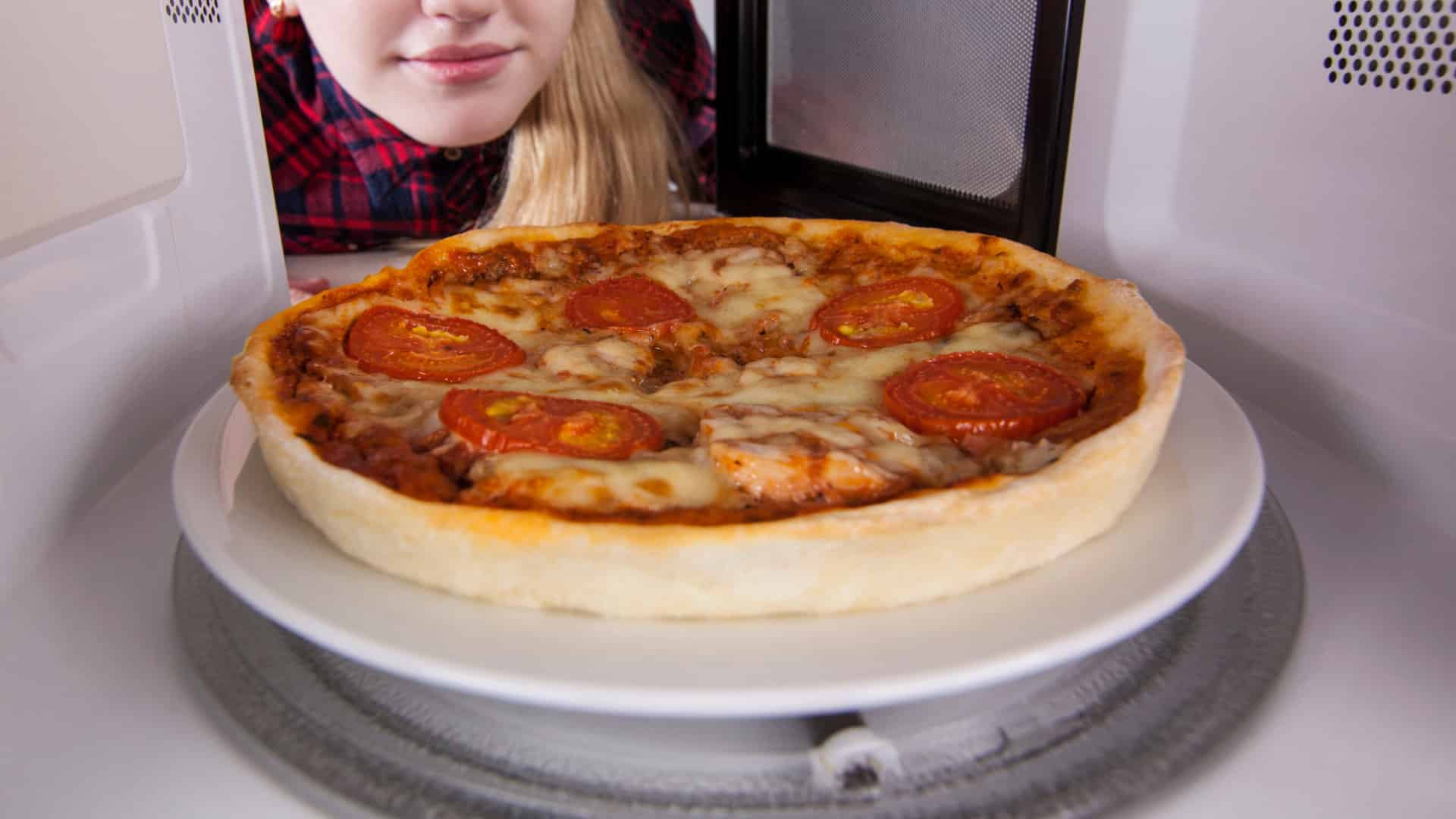
Whirlpool Microwave Door Error: How to Fix It
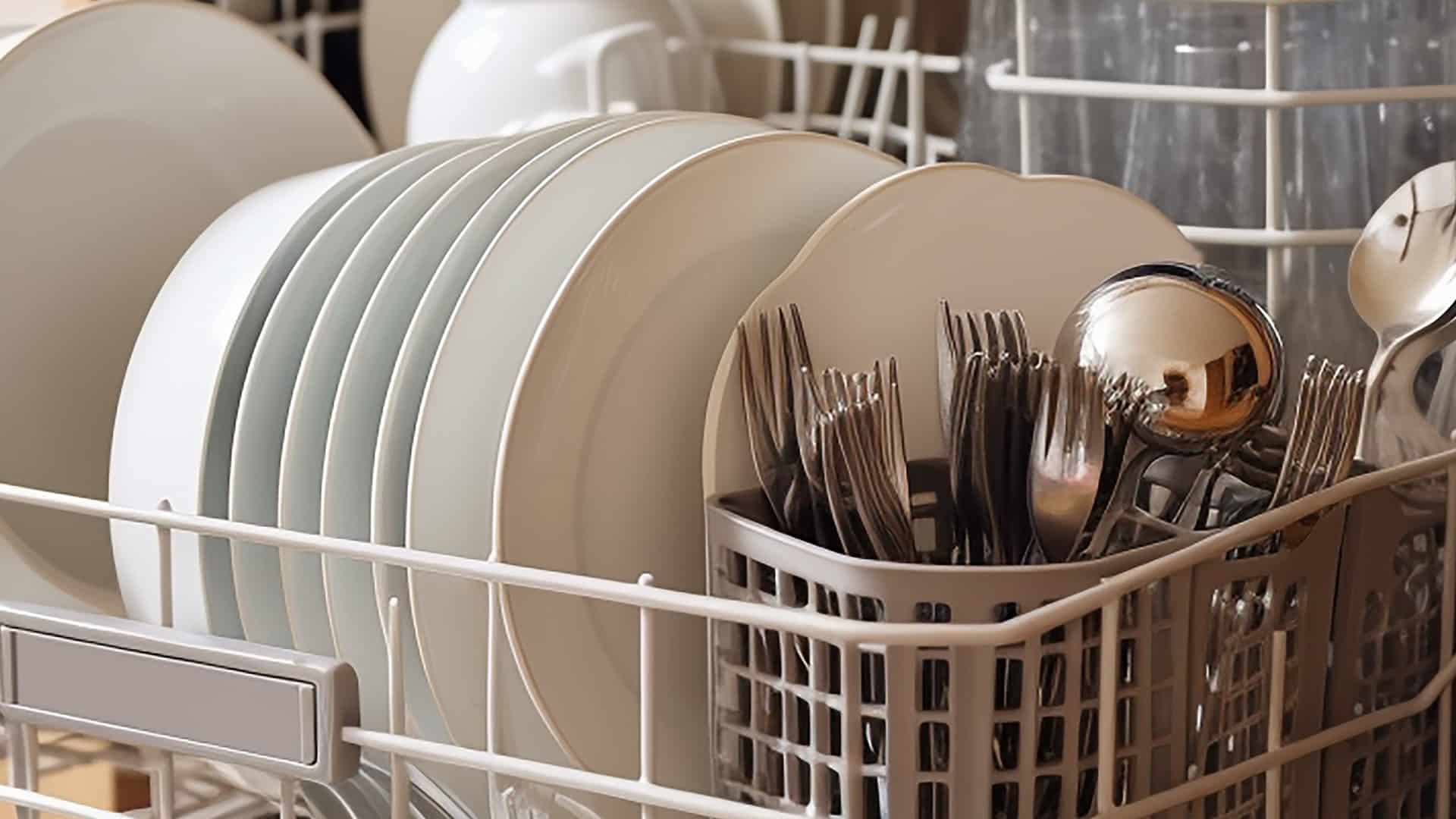
13 Things to Never Put in the Dishwasher
